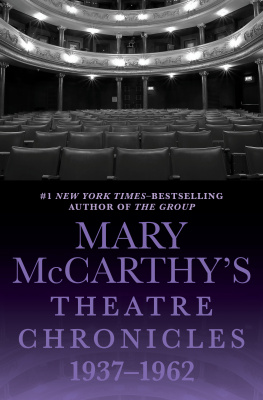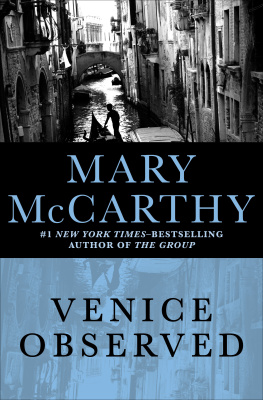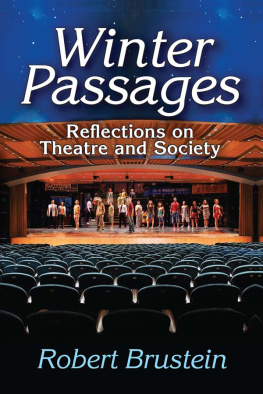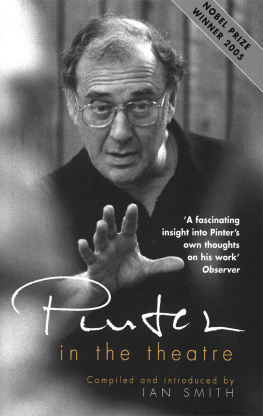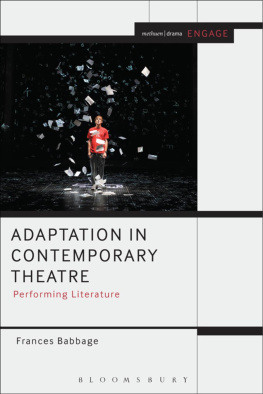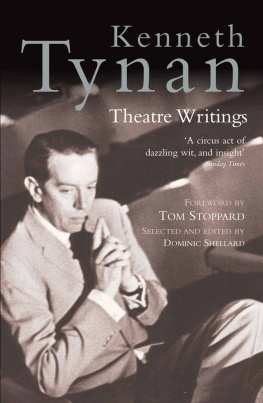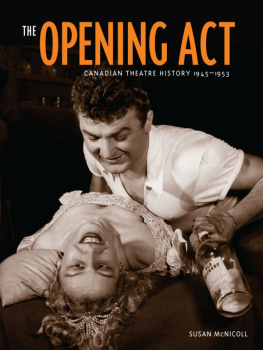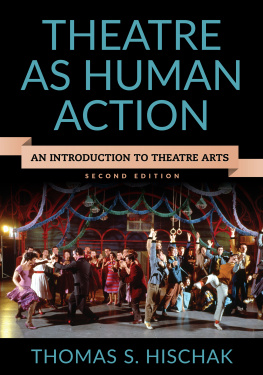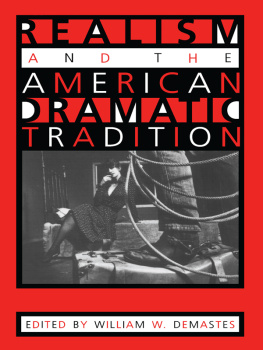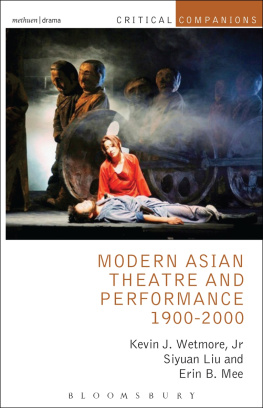

Mary McCarthys Theatre Chronicles 19371962
Mary McCarthy

INTRODUCTION
FOR THE CURRENT READER, the point of view of this book may be hard to locate; where is this criticism coming from? It is to be hoped that Mr. Young will devote himself to one of Chekhovs more mature plays. So The Seagull in a distinguished dramatic critics adaptation was dismissed by an insufferable little-magazine reviewermyself, twenty years ago. This probably could not have happened in England, or France or Italy, even during the thirties; only in America, or rather in a tiny section of New York, could an air of supreme authority be assumed with so few credentials.
In the first fourth of the book the reader will find quite a few such sentences, which make me wince with pain to read over but which I have let stand, in the interests of the record and because I think anyone who could write so foolishly owes a debt to society that cannot be cancelled out by the mere process of getting older. But it is not usually the opinions I aired (as in this case) that give me such pain to hear again; it is the tone of voice in which they are pronouncedthe voice of a young, earnest, pedantic, pontificating critic, being cocksure and condescending.
The playwright assumes that his heros irresolution is of a tragic order, while, as a matter of fact, it is comicopathetic. It is the voice of a period as well as that of a person. The period was 1937the time of the Spanish Civil War and the Moscow Trials. The place was Union Square, New York, where radical demonstrations were always held and which was surrounded by cheap dress shops, cafeterias, subway kiosks and run-down office buildings, like the one at 22 East 17 Street, a tall, skinny, grey building at the northern end, the first address of the new Partisan Review, a magazine that had been stolen from the Communists by a group of young people, including me, who were supposed to be Trotskyites. This whole region was Communist territory; they were everywherein the streets, in the cafeterias; nearly every derelict building contained at least one of their front-groups or schools or publications. Later, when the magazine moved to the old Bible House on Astor Place, The New Masses had offices on the same floor, and meeting them in the elevator, riding down in silence, enduring their cold scrutiny, was a prospect often joked about but dreaded. The fact of being surrounded physically, of running a gamut, was a concrete illustration of their power in New York at that time, a power that spread uptown to publishers offices and to the Broadway theatre and to various cultural agencies of the Government, like the W.P.A. Writers Project and the Federal Theatre. They were strong, and we were weak, and the note of haughty disdain found in the early pieces of this book was, in part, a girls way of meeting this unequal situation.
The story that we on Partisan Review were Trotskyists was an exaggeration. The boys, as we used to call the principal editors because they were always in the back room, powwowing, had been through the Communist discipline, which made them wary of direct political ties. We wanted to be wholly independent in artistic matters, and the daring of our attitude was summed up in the statement that we would print a poem by T S. Eliot if we could get one (later we did). The boys were still committed to Marxism, and so were the other young men who figured on the masthead as editors, except onethe backer. The backer, a young abstract painter from a good old New York family, was so confused politically that one day he went into the Workers Bookshop (Stalinist) and asked for a copy of Trotskys The Revolution Betrayed; he was wearing spats that day, too, and carrying a cane, and the thought of the figure he must have cut made the rest of us blanch. Did anyone recognize you? Do you think they knew who you were? we all immediately demanded.
My position was something like the backers; that is, I was a source of uneasiness and potential embarrassment to the magazine, which had accepted me, unwillingly, as an editor because I had a minute name and was the girl friend of one of the boys, who had issued a ukase on my behalf. I was not a Marxist; I should have liked, rather, to be one, but I did not know the language, which seemed really like a foreign tongue. At college I had majored in Elizabethan literature and studied the Roman classics, Renaissance and medieval Latin, and Renaissance and medieval French; in contemporary literature I had not got much beyond The Counterfeiters, in English, and Aldous Huxley. All my habits of mind were bourgeois, my fellow editors used to tell me. They were always afraid that I was going to do something, in real life or in print, that would disgrace Partisan Review; this was a fear that worried me even more than it did them. I used to come down to the office on Saturdays (I worked for a publisher during the week) and listen to the men argue, in the inner room, beyond the partition, pounding the table and waving their arms in the air. Once a month, late at night, after the dishes were done, I would write my Theatre Chronicle, hoping not to sound bourgeois and give the Communists ammunition.
The field assigned me was the theatre, because, just before this, I had been married to an actor. It was often debated whether we should have a theatre column at all. Some of the editors felt that the theatre was not worth bothering with, because it was neither a high art, like Art, nor a mass art, like the movies. But this was also an argument for letting me do it. If I made mistakes, who cared? This argument won out. Being an editor, at least in name, I had to be allowed to do something, and the Theatre Chronicle (we spelled it theater) was made work, like the W.P.A. jobs of the period. I could not fail to see this or to be aware that nobody had much confidence in my powers as a critic. Nevertheless, I was determined to make good. And the column was successful. People liked it, the editors decided. It was something a little different. A university professor who was also a leading Marxist said that it was the best theatre criticism he had read since Georg Brandes. Probably the professor had not read any theatre criticism since Georg Brandes, whom, incidentally, I had never heard of, or just barely, but we did not stop to examine the compliment too closely.
At that time (and this is doubtless still the case), Partisan Review was unknown to press agents and to theatre people generally; we paid for my balcony tickets. Most of our readers never went to the theatre. Out of these two circumstances arose some of the peculiarities of the column. Since we were not on the free list, we did not have to worry about coverage, about reviews coming out on time, or about what anybody in the theatre thought of my judgments, which were mostly unfavorable. In the same way, our readers did not look to my column as a guide or wait to hear from me whether or not to line up for tickets. Consequently, reviews often came out after a play had closed, and nobody minded; there were long hiatuses too during which I lived in the country and did not review at all. That is why this collection has nothing on The Cocktail Party or Arthur Miller or William Inge. It was not a check list but a chronicle, and, like some old chronicle, full of lacun.
Next page
